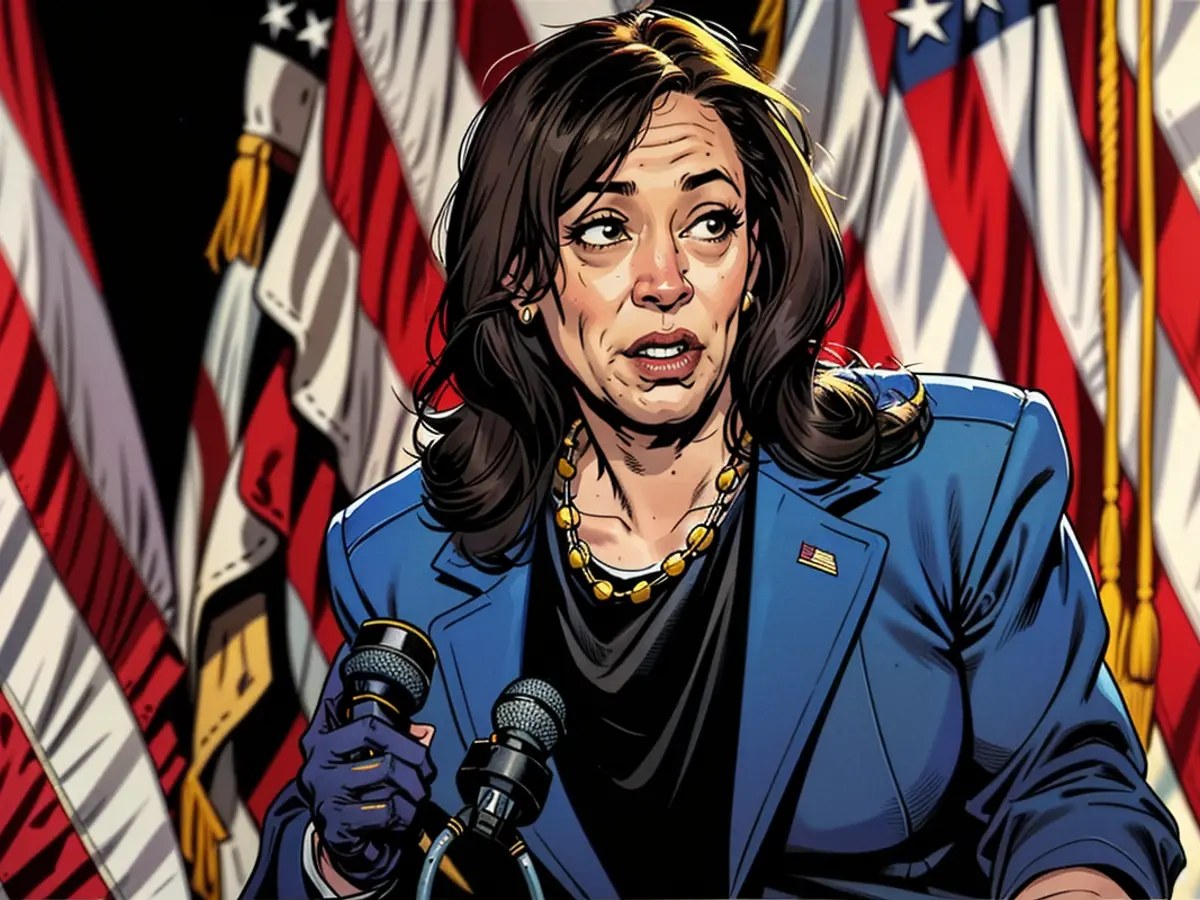Democrats approve rules for likely Harris nomination
That would be less than two weeks after President Joe Biden ended his campaign for reelection and endorsed his vice president, who quickly consolidated support within the party for her presidential bid. In just the first few days of her campaign, Harris earned the backing of hundreds of Democratic elected officials, including all her potential challengers, and it took her less than 36 hours to secure the support of enough delegates to win the nomination.
Under the rules approved by the Democratic National Convention’s rules panel Wednesday, presidential hopefuls have until Saturday evening to formally declare their candidacies and until Tuesday, July 30, to submit signatures from at least 300 delegates, with not more than 50 from a single state counting toward the threshold.
Voting will be conducted by electronic ballots sent to convention delegates. If only one candidate meets the petition requirements, which is likely considering how quickly the party has coalesced around Harris, voting is expected to begin on August 1, although it will be up to party leaders to set the times for voting to begin and end. If more than one candidate were to meet the requirements, party leaders can set a period of no more than five days for candidates to make their case to delegates. Delegates will have 36 hours’ notice before voting begins.
The party has said its goal is to nominate its presidential and vice presidential candidates by August 7 to avoid the possibility of litigation over ballot access in Ohio. While the state has pushed its deadline for political parties to submit their official nominees to September 1, the new law won’t take effect until the end of August.
While all delegates will receive ballots, votes cast by superdelegates – senior Democrats who serve as delegates by virtue of their current or past positions – will be counted on the first ballot only if one candidate has the support of enough pledged delegates to make up a majority of the full Democratic convention. That could be determined by a candidate either winning enough votes during remote balloting or gathering a sufficient number of signatures.
After a presidential candidate is nominated, the rules allow the nominee to name a running mate without the need for additional remote voting.
The rules also call for ceremonial votes for president and vice president, as well as a vote on the party platform, during the Democratic convention, which is scheduled to take place in Chicago from August 19-22. While the ceremonial presidential vote will be conducted as a roll call, the vote for vice president is likely to be a voice vote.
In the given context, here are two sentences that contain the word 'politics':
The new rules for the Democratic National Convention aim to avoid potential litigation over ballot access in Ohio, which is a significant issue in the realm of politics.
Despite the quick consolidation of support for Vice President Harris, the rules allow for a period of up to five days for candidates to make their case to delegates if more than one candidate meets the petition requirements, highlighting the complexities of politics.








